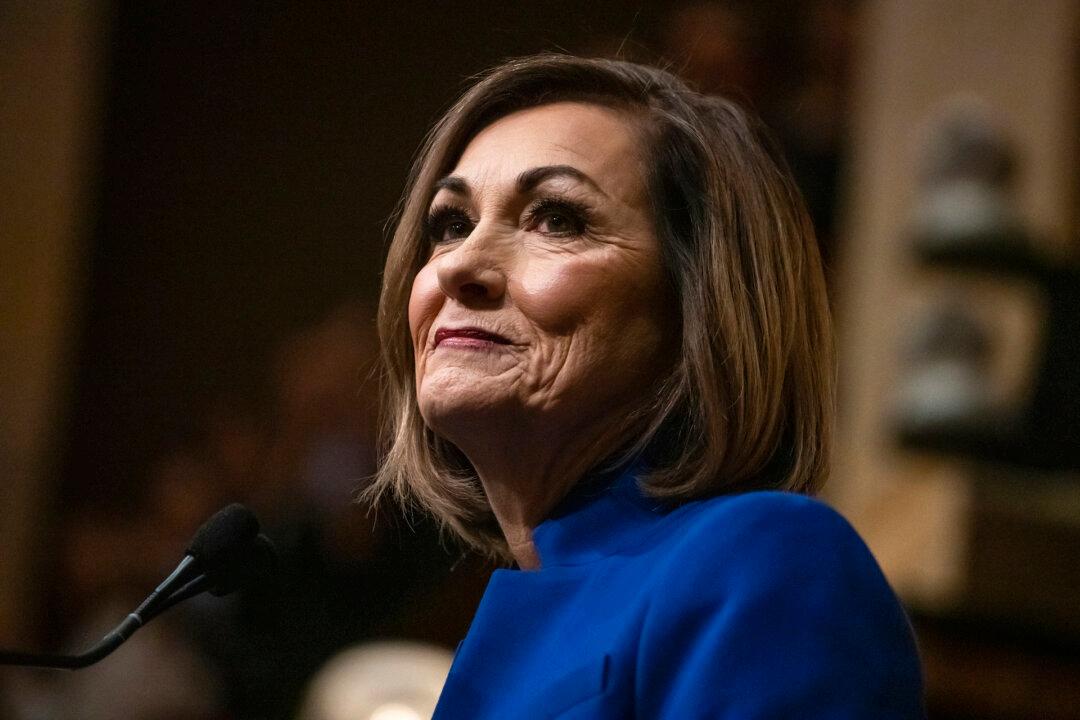Iowa Gov. Kim Reynolds has called a special legislative session to look at the possibility of reviving a ban on abortion after the detection of an unborn baby’s heartbeat.
“Iowans deserve to have their legislative body address the issue of abortion expeditiously, and all unborn children deserve to have their lives protected by the government as the fetal heartbeat law did,” Reynolds wrote in an order that indicates lawmakers will meet on July 11 to address the matter of reimposing the restriction on abortion.





